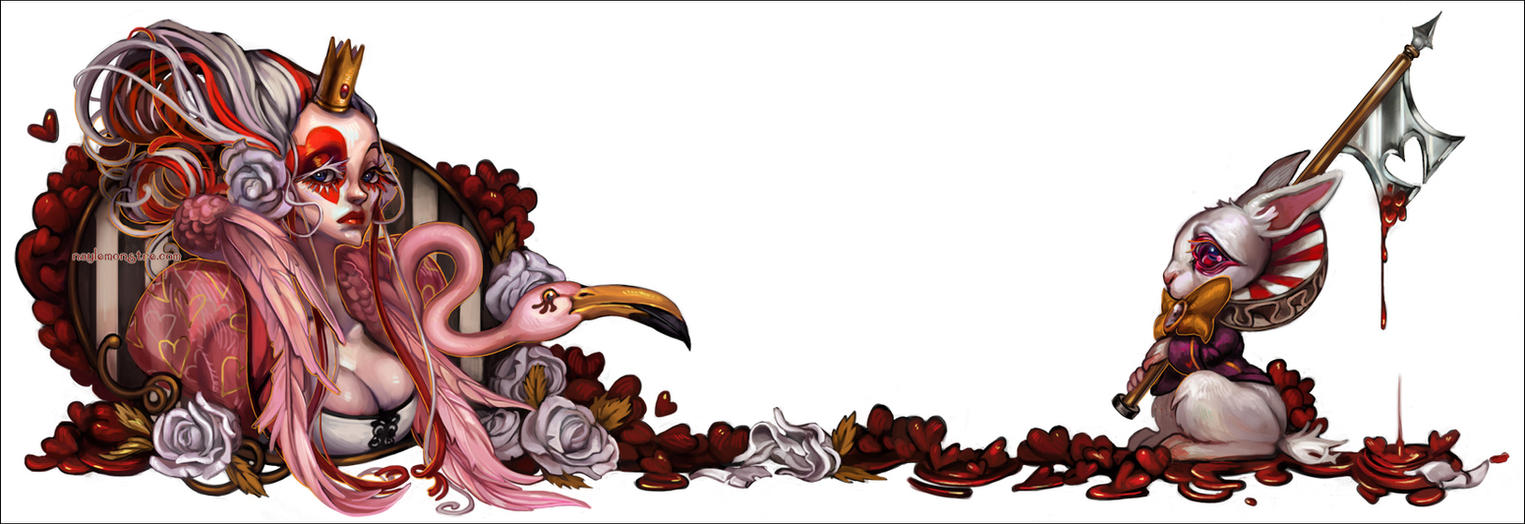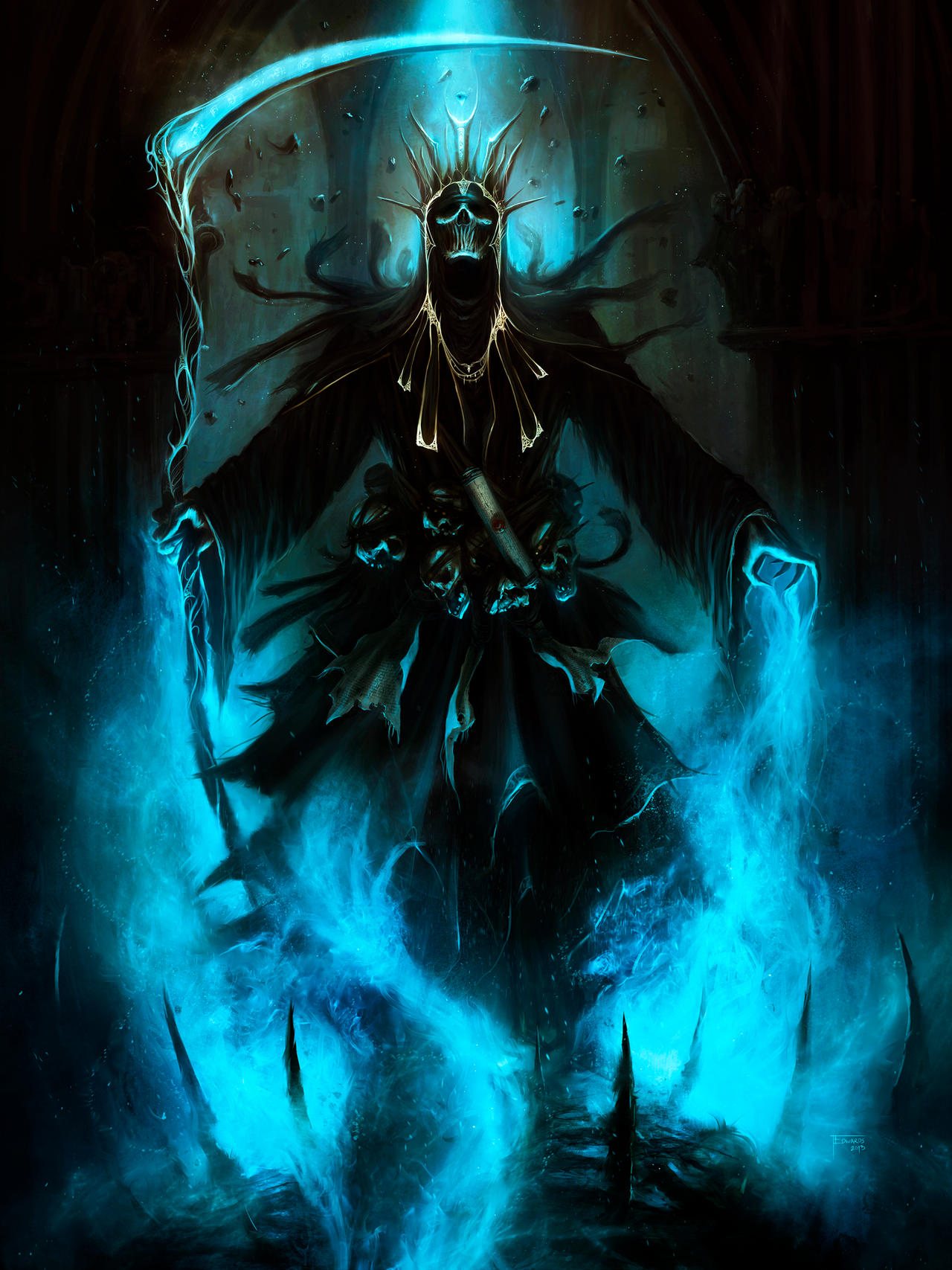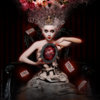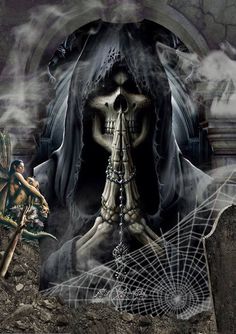Myth and Magic
- Thread starter TheRedQueen
- Start date
-
This message board permanently closed on June 30th, 2020 at 4PM EDT and is no longer accepting new members.
You are using an out of date browser. It may not display this or other websites correctly.
You should upgrade or use an alternative browser.
You should upgrade or use an alternative browser.
I haven't found any interesting pictures for this thread lately.
Neesy
#1 fan (Annie Wilkes cousin) 1st cousin Mom's side
I haven't found any interesting pictures for this thread lately.
I really like the first oneI wanted to use one of these ladies as my avatar, but after some thought, I figured it wouldn't be prudent....
...yeeeeassssshhh.....
...yeeeeassssshhh.....
Wait, the Grim Reaper is your bestie but a dementor gives you pause?

The Dagda
The Dagda was an important god of Irish mythology. High King of the Tuatha Dé Danann, the Dagda was the father god - the "good god" - of the Celts, a great chieftain, and Druid.
The Dagda was associated with fertility, agriculture, manliness and strength, as well as magic, Druidry and wisdom. He was believed to have control over life and death, the weather and crops, as well as time and the seasons.
The Dagda was a figure of immense power, who was described as large man wearing a hooded cloak. His magic staff or club - the lorg mór or lorg anfaid - could kill with one end and restore life with the other. His cauldron - the coire ansic - never ran empty. And his magical harp - uaithne - could command the order of battle and change the seasons.
The Dagda mated with many goddesses and women, including: Boann the Irish goddess of the River Boyne, a river in Leinster, Ireland; the Morrígan, the goddess of fate and death in battle; and Bóand, wife of Elcmar. With Boann, he begat a daughter named Breg. Prior to the battle with the Fomorians, on Sahmain, he lay with the Mórrígan in exchange for a plan of battle. And, in order to hide his affair with affair with Bóand, the Dagda caused the Sun to stand still for nine months; therefore their son, Aengus, was conceived, gestated and born in a single day.
The Dagda has been likened to the Germanic god Odin and the pan-Celtic god Sucellos. He is credited with a seventy- to eighty-year reign over the Tuatha Dé Danann, before dying at the Brú na Bóinne, finally succumbing to a wound inflicted by Cethlenn during the second battle of Magh Tuiredh.
Notes:
(1) Modern spelling of Dagda: Daghdha.
(2) The Tuatha Dé Danann (pronounced: t̪ˠuəhə dʲeː d̪ˠan̪ˠən̪ˠ), also known by the earlier name Tuath Dé are a supernatural race in Irish mythology. They are thought to represent the main deities of pre-Christian Gaelic Ireland.
(3) Boann: Also written as Boand. Modern spelling: Bóinn.
(4) The Morrígan ("phantom queen") or Mórrígan ("great queen"), also known as Morrígu, is a figure from Irish mythology. Modern spelling: Morríghan or Mór-ríoghain.
(5) Brú na Bóinne (pronounced: bˠɾˠuː n̪ˠə ˈbˠoːn̪ʲə) is an area in County Meath, Ireland, located in a bend of the River Boyne. It contains one of the world's most important prehistoric landscapes dating from the Neolithic period, including the large Megalithic passage graves of Knowth, Newgrange and Dowth, as well as some 90 additional monuments.
(6) In Irish mythology, Cethlenn (modern spelling: Cethleann) was the wife of Balor of the Fomorians and, by him, the mother of Ethniu. She was a prophetess, and warned Balor of his impending defeat by the Tuatha Dé Danann in the second battle of Magh Tuiredh. During that battle she wounded the Dagda.
http:/The Smart Witch: Welcome
[Image: The Fomorians (1912) by John Duncan (1866-1945). In the public domain.]
You all know me, I have to properly reference it!
I'm a Pagan. As I continue along this path, I continue to find very personal answers to larger, philosophical questions. Druids are among the most mysterious keepers of ancient secrets; as I've attempted to delve further into my understanding of their perspectives, I have found that initiation is a rare privilege granted to few.














